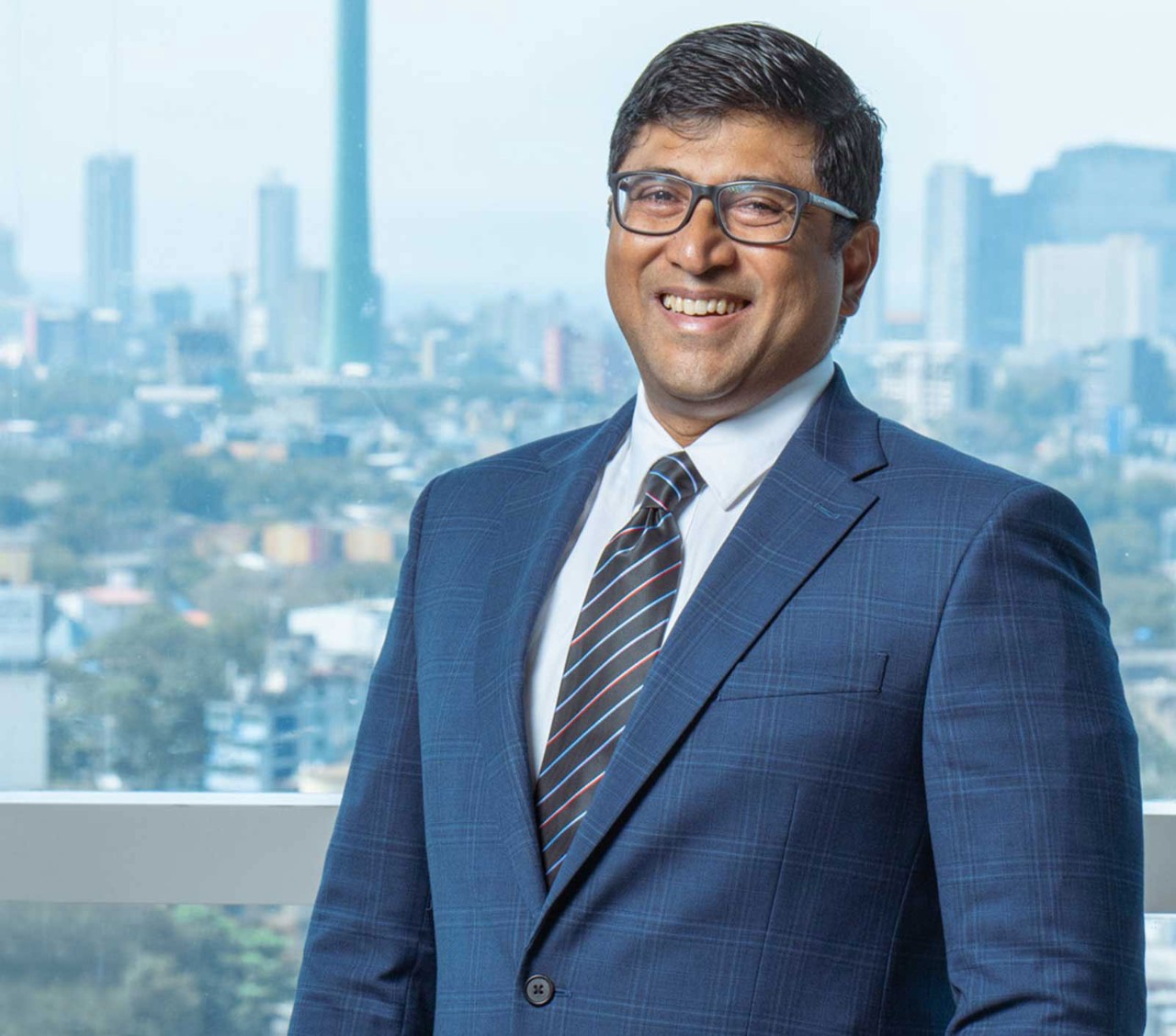
Unlike so many other parts of the world, the Middle East, in particular the Gulf region, is not overly vexed by inflation concerns and uncertain economic growth. In fact, economies in the region are booming.
Amy Bassindale, senior business manager for the Gulf region for Hays says: ‘The economic environment in the Gulf region is strong, and all signs point to further growth. Despite global economic turbulence, the transformation of the economy is continuing, and governments’ long-term goals are being pursued. The findings in the Hays GCC salary guide 2024 confirm this – 67% of employers in the Gulf region want to grow their organisation’s headcount this year.’
Dubai and Abu Dhabi remain leaders in attracting the best professionals
Unsurprisingly, the demand for accountancy and finance talent is strongest in regional powerhouses the UAE and Saudi Arabia. Bassindale says: ‘With the introduction of new and evolving corporate tax regimes, hiring activity is expected to increase this year, with 33% of accountancy and finance professionals in the UAE reporting that they plan to “change organisations, but in a similar position” this year. In terms of talent availability, Dubai and Abu Dhabi maintain their position as leaders in attracting the best professionals.
‘The UAE has seen an increase in demand for real estate, which is being boosted by a surge in residential projects and new master plans introduced by leading developers. This has positively impacted the construction sector and allied activities, creating new job opportunities for accountancy and finance professionals. In the competitive oil and gas sector, finance professionals are required across the spectrum of services.’
In terms of specific roles, financial planning and analysis candidates will be in high demand, says Bassindale. ‘Companies remain strongly oriented towards forward-thinking and long-term strategic planning, seeking adept business partners capable of adding significant value to the broader business landscape.’
Meanwhile Robert Half’s 2024 UAE salary guide highlights a need for treasury experts and finance business partners. ‘Growing margins and maximising market conditions are a core commercial focus for most businesses. With a booming economy, many businesses are doing well, and they need treasury experts able to manage their cash assets. Businesses keen to harness market opportunities are focusing on business partners and forward-looking roles to identify best strategies for the future.’
‘Professionals with Big Four experience are highly sought after’
Salaries
‘In the UAE, where the supply of qualified candidates is mostly sufficient, preference is generally given to mid-to-senior level professionals already on the ground, with knowledge of the local market,’ Bassindale says. ‘Additionally, professionals with Big Four experience are highly sought after.’
Hays expects 70% of accounting and finance professionals in UAE will want a salary increase, most commonly up to 5%, which is less than in other parts of the world where finance skills shortages are more acute and professionals have more leverage.
Robert Half sees salaries remaining relatively flat in 2024, with less movement at a senior level, although middle management candidates and analysts are in high demand. Employers are determined to hold onto their best talent, particularly in corporate accounting.
‘Technical accounting skills and business partnering are in demand’
Skills
The salary outlook may not be earth-shattering and the looser talent market means candidates, by and large, do not have the upper hand compared to other regions. However, finance professionals seeking better salaries, benefits or career progression will always be in demand, if they have the quality.
Bassindale says: ‘Clients want candidates who can demonstrate strong technical accounting skills and knowledge – IFRS etc – in addition to strong business partnering and commercial finance knowledge with a strategic focus. A solid, progressive work history will also benefit people when trying to stand out from the crowd.
‘Additionally, organisations are transforming how they do business with the aid of technology. One of the most pressing accounting challenges is leveraging technology to support the business strategy and adapt to changing conditions. There’s a consensus that AI will have a significant impact. Accounting and finance professionals with a blend of traditional accounting expertise and technological proficiency will be in higher demand.’
What employers want
- M&A and pre-IPO experience
- Digital transformation
- Enterprise resource planning (ERP)
- Financial modelling
- Data, AI and machine learning
- Commercial acumen
Benefits
What makes up the broader benefits package in the GCC can be different from elsewhere, as expats make up a large part of the workforce.
Bassindale says: ‘Visa and private medical insurance must be provided by an employer as per UAE labour law, and employee salary packages are broken down into basic salary and benefits, which can include accommodation, transportation allowances and air ticket/flight allowances.’
‘The most valued benefits are air ticket and education allowances’
‘Ultimately, what benefits an employee receives is at the employer’s discretion. According to our salary guide, 60% of accounting and finance professionals in the UAE currently receive benefits, with the most common being air ticket/flight allowances (84%) and life insurance (37%). The three most valued benefits are air ticket/flight allowances (49%), education allowances (43%) and flexible working (30%).’
A hot topic globally is the push and pull of the return to the office. ‘In the UAE, there seems to have been a slight shift back towards fully office-based working for accounting and finance professionals, with 59% saying they work from the office full-time, up from 51% in 2023,’ Bassindale says.
Another key factor is career development, which is the main reason why people might move to similar roles elsewhere. Bassindale says: ‘When our survey asked what their employers were offering to help development, the most common answer was “none of the above” (55%).’
‘In such a dynamic and challenging field, career development opportunities are crucial to enhance skills and foster growth. Employers can provide those opportunities through initiatives such as training programmes, mentorship, workshops, conferences and support for further education or certifications.’
More information
Visit the ACCA Careers website for news and advice on your next career move


